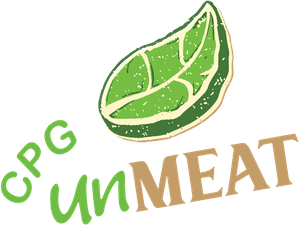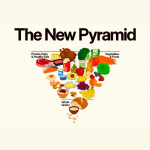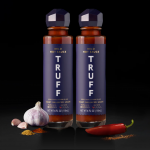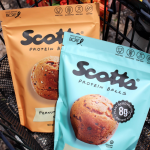As Plant-Based Burgers Stall, Could Vegan SPAM Be The Answer?
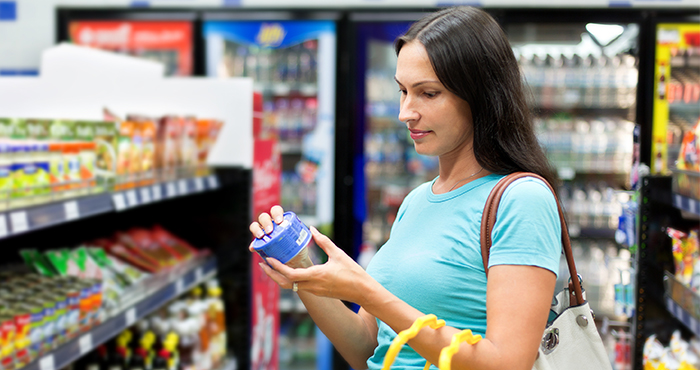
Plant-based meats are branching out from the early success of burger patties, grinds and nuggets and into the deli and canned food categories, proving that consumers’ appetites for meatless protein is stretching to ultra processed foods.
While some food tech companies are trying to grow whole muscle meat cuts from cells or mimic steaks from mushrooms, other brands are taking a swing at canned meats and other highly processed proteins to reach consumers where it matters most – their wallets.
This could end up being an important play as the U.S. plant-based meat market goes through some general upheaval. Last week, JBS announced it was shutting down Planterra Foods, effectively taking Ozo brand plant-based meat off the shelves. Impossible Foods followed with their own announcement on Thursday afternoon that it would be cutting about 6% of its 800-person workforce as it reorganizes the company.
Cashing In On Cold Cuts
One area of the store that is proving to be ripe for plant-based innovation is the deli cold case. Legacy brands like Tofuky or Lightlife have long dominated vegan lunch meat but are being increasingly challenged by a new generation of startups offering a diverse mix of products.
The category is appealing for a variety of reasons. Sandwich meat provides an opportunity to hit a wide swathe of flexitarian consumers who are trying to eat less meat and may be interested in trying plant-based protein. It’s also a product that is easier to replicate and is usually served alongside condiments, bread and vegetables — putting less pressure on the protein to stand out.
The plant-based deli meat category is growing at nearly double the rate of standard deli meat, according to Allied Market Research. Americans eat about six times as many deli meat sandwiches a year per capita as burgers, according to David Benzaquen, founder and CEO of plant-based CPG consultant group Mission: Plant.
“The usage occasions are so frequent, the consumer convenience application so convenient, the affordability is so great and it’s consumed by kids and adults alike in many different servings in many different settings.”
That opportunity has attracted new players into the space. Mrs. Goldfarb’s Unreal Deli recently opened a Series A round to boost production as the brand experiences growth in club and grocery channels. New-York based Plantcraft launched its new sliced plant protein bologna and pepperoni products last month at the Plant Based World Expo in New York City. Elsewhere, Plantcraft partnered with another New York food company, Plantega, to bring its bologna to the familiar convenience store sandwich format.
However, selling cold cuts brings its own challenges: it is still a refrigerated product with a limited shelf life as well as a more complex supply chain. In contrast, the canned food category is one place where innovation is filling in whitespace where deli cannot.
Shelf Stable Plant-Based Products Offer Other Advantages
Minnesota-based Hormel has been one of the biggest names in the meat business for over a century, so its recent initial step into plant-based canned products feels particularly significant. In April, the company released a Plant Based Chili with Beans that features soy protein instead of meat yet is priced in-line with Hormel’s other premium varieties of chili.
“We understand consumers across a spectrum of lifestyles are adopting more flexible attitudes and behaviors when thinking about food, especially given the wide variety of products available in the marketplace,” senior brand manager of grocery products Sarah Johnson told NOSH in an email response. “Hormel Plant-Based Chili is meant to meet the needs of plant based, curious consumers.”
After Hormel announced a partnership with Sacramento-based food tech company The Better Meat Co., rumors began to swirl about possible forthcoming plant-based versions of iconic brands like SPAM or Hormel’s Vienna Sausages. The company declined to answer questions about these potential launches.
Having found success on the continent, several Asian companies have sought to penetrate the U.S. market. Hong Kong-based OmniPork launched its plant-based pork products in the U.S. last year. Philippines-based Century Pacific Food followed by introducing its unMEAT brand in April in two luncheon meat varieties – Burger-Style and Meat-Style. With a SPAM-like texture and packaging, unMEAT’s two canned products complement its frozen burger patty, sausage and nugget meat alternatives already on the market. unMEAT also preparing to launch its three varieties of fish-free canned tuna – Tuna Style Flakes in Water and in Sunflower Oil as well as a Hot and Spicy flavor – in U.S. retailers soon.
At 43 years old, Century Pacific operates seven production facilities in the Philippines (two of which make plant-based meat products) and is distributed in 83 countries, so the company is very familiar with this space, said Patrick Baskin who leads the company’s U.S. marketing operations. “We launched it behind this idea of how can we democratize plant-based food globally by making it tastier, healthier and more affordable?”
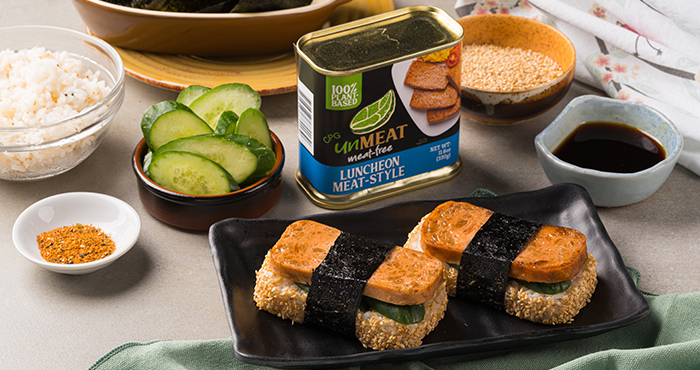
Century Pacific’s unMEAT luncheon meat launched in H-E-B supermarkets in September and is also distributed in about 400 independent grocery stores through KeHe and UNFI. With an MSRP of $3.99 per 11.6 oz. can, unMEAT is right in line with comparable canned luncheon meats, Baskin said.
The company is going after this part of the store because it saw white space, Baskin said. Although Gen-Z and Millennial consumers are looking for more plant-based options throughout the grocery store, most companies have focused on fresh and frozen options. Baskin pointed to the Plant-Based Foods Association research saying that 79% of Gen Z and millennials are already eating plant-based one or two times a week.
Increased Channel Opportunities For Shelf-Stable Plant-Based Meats
Another advantage to canned and shelf-stable meatless products is their ability to sell through c-store channels, said Elysabeth Alfano, founder of Plant Powered Consulting.
As the plant-based trend moves further into the mainstream, commodity meat and seafood products open up more options for flexitarians in where they shop, how they eat and what they are willing to spend.
“There are wealthy, want-to-cook-at-home flexitarians and there are single moms with three kids ‘I’m opening the can and I’m moving on’ flexitarians,” Alfano said. “So it does really help you reach that cost-conscious consumer.”
Atlantic Natural Foods (which went into binding partnership with Above Foods last year) has been working in the sustainable meat and seafood space since 2009, offering five different plant-based protein brands. In March, the Nashville, North Carolina-based food company’s Loma Linda brand launched its new three-SKU line of canned Chik’n: BBQ, Buffalo and Broth. The new canned products add to Atlantic Natural’s long-standing canned tuna alternative brand, Tuno. Chik’n and Tuno retail between $2 and $3 per 5 oz. can.

The most important thing about making a plant-based version of canned chicken or tuna is that it needs to be a lower cost to the comparable conventional product, said Atlantic founder and chairman J. Douglas Hines. “We’ve positioned our products and our company to be responsive to a value-oriented perception. Not [just] perception, but actual execution as well.”
Hines built the brand on the pillars of being a tasty, sustainable and value-based alternative to canned chicken and tuna. Globally, Loma Linda (which also makes plant-based meals) is distributed in 45,000 doors across 30 countries (without including its D2C business or ecommerce sales through Amazon), reports the company. Atlantic Natural Foods is also collaborating with major retailers like Kroger, ALDI, Loblaws (in Canada) and others to have Atlantic produce private label versions of its soy protein products for 2023.
Part of the selling point of a canned product is that it falls in line with the sustainability claims that are important to the alt-meat value proposition. Canned goods require less energy to store and have a three-to-five year shelf life whereas a frozen product lasts about three months before it begins to deteriorate, Hines said.
Atlantic Natural Foods is building out its foodservice distribution channels as well as investing in universities and vending machines as an opportunity to grow Atlantic’s Loma Linda pouched products. Most importantly, Hines said that getting to price parity and providing a product that can reach the mainstream is the biggest driver for continued growth.
“We’re starting to see the benefits coming from the profile of the product, but it’s also an inexpensive alternative for the individual consumer because they can buy it, they can hold it, they can use it as they need it as well.”


